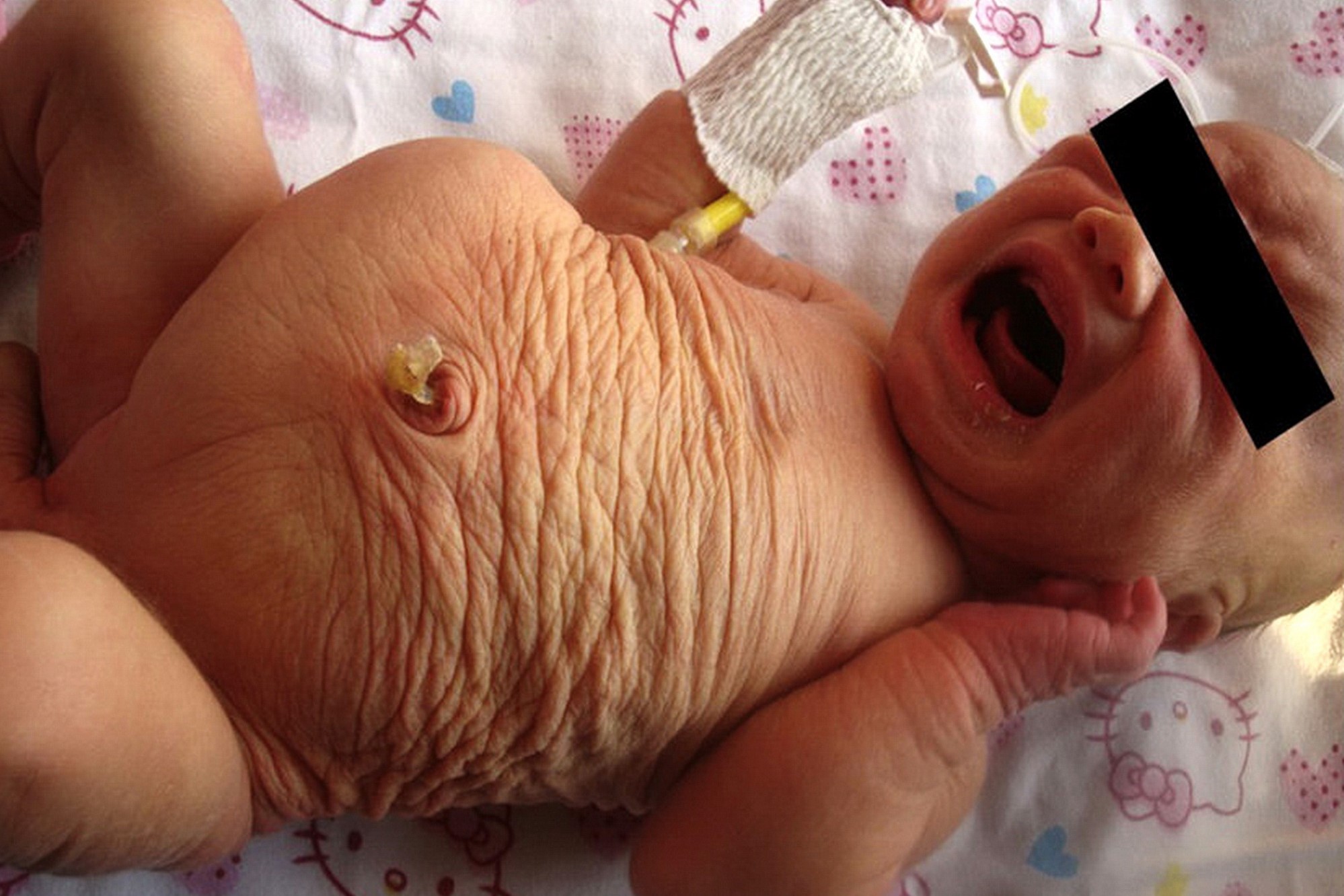
Prune-belly syndrome: causes, symptoms, diagnosis, treatment, prognosis
Prune belly syndrome” (also called “prune belly syndrome” or “prune belly syndrome” or “Eagle-Barret syndrome” or “Obrinsky syndrome” or “abdominal muscle deficiency syndrome” or “triad syndrome”) is a rare syndrome, congenital (already present at birth) and of unknown aetiology (no known cause)
The name of this syndrome derives from the characteristic wrinkled appearance of the skin of the abdominal wall in newborns, which resembles that of a dried fruit (prune belly).
RARE DISEASES? VISIT THE UNIAMO – ITALIAN FEDERATION FOR RARE DISEASES BOOTH AT EMERGENCY EXPO
Epidemiology of prune belly syndrome
The annual incidence is estimated at 1/35,000 – 1/50,000. In 95% of cases the disease affects males.
CHILD HEALTH: LEARN MORE ABOUT MEDICHILD BY VISITING THE BOOTH AT EMERGENCY EXPO
Causes and risk factors in prune belly syndrome
The aetiology is unknown.
It is believed that the disease originates from obstruction of the urethra in the early stages of development; this causes significant bladder distention and urinary ascites that result in hyperevelopment of the abdominal wall muscles and failure of the testes to descend.
Failure to eliminate urine from the bladder also causes oligohydramnios which, in turn, impairs lung development, resulting in the characteristic clinical signs of the Potter sequence.
Congenital obstruction of the urinary tract at a critical stage of organogenesis can have serious and permanent consequences on the function of the kidneys, ureters and bladder.
A genetic origin or mosaicism has been suggested in cases of recurrence of prune belly syndrome among siblings, although most cases are sporadic.
Read Also:
Emergency Live Even More…Live: Download The New Free App Of Your Newspaper For IOS And Android
Rare Diseases: Bardet Biedl Syndrome
Rare Diseases: Positive Results Of A Phase 3 Study For The Treatment Of Idiopathic Hypersomnia
Rare Diseases: Fibrodysplasia Ossificans Progressiva (FOP), A Study From Pennsylvania University


